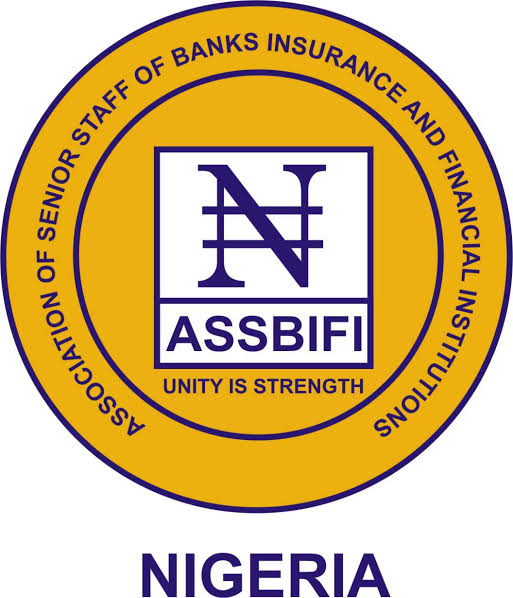The Association of Senior Staff of Banks, Insurance and Financial Institutions (ASSBIFI), has identified casualisation as a major challenge in the nation’s financial institutions.
The association’s President, Mrs Oyinkansola Olasanoye, made the assertions at a forum in Lagos on Thursday, saying that casual workers in the institutions were inadequately compensated in terms of salaries and allowances.
According to Olasanoye, some of the fraudulent activities in the sector may be due to the fact that these workers are not professionals, well-trained and are embittered as a result of inadequate compensation.
“Our major problem has been casualisation, because in every bank, insurance company, financial institution in Nigeria as at today, almost 80 per cent of the workers there are casual workers.
“Presently, the Labour Law Act made provisions that there will be contract staff, but our battle is that those contract staff should be allowed to have dignity of labour and be adequately compensated.
“We respect the casual workers, but we realise that due to inadequate compensation, it is easy for them to be used as frauds,” she said.
The ASSBIFI president, however, said the association had a plan toward creating a sort of career path for such workers by putting in place regulations in the Federal Ministry of Labour.
She said: “The casual workers are not employees of the institution; there is a third party that provides them and these providers are also registered by the Ministry of Labour.
“These providers give the casual workers two-year employment; at the end of the two years, the contract is renewed with a new term.
“The union is trying to create a career path that at the end of the second year, there should be some negotiations; if the institution needs employment, the worker moves and becomes an employee.
“Where the institution does not have room for employment, the worker continues, but the number of years will be counted.
“This is so that when the worker wants to move to another institution, he should move with three years of experience and not just the two years contract.
“This is what we are putting into the regulation.” (NAN)

